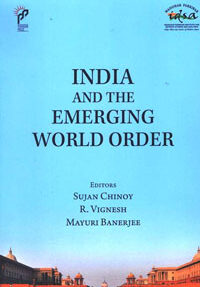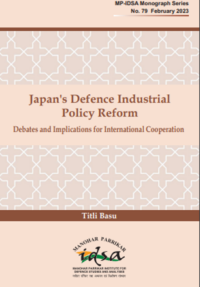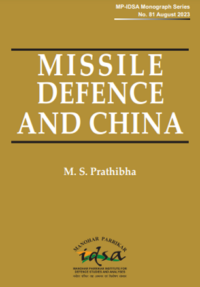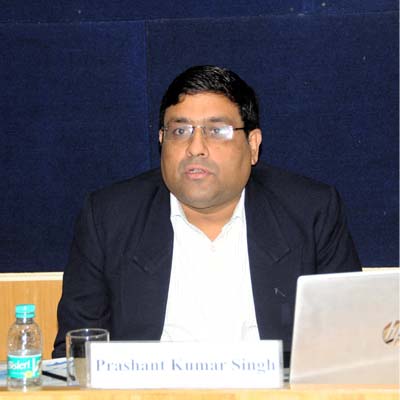Power Transition in North Korea creates more uncertainty for future
The power transition in North Korea is bound to produce more political intrigue in the coming months, with the junior Kim concentrating more on military modernization and nuclear programme to strengthen his position.
- Rajaram Panda
- October 13, 2010













